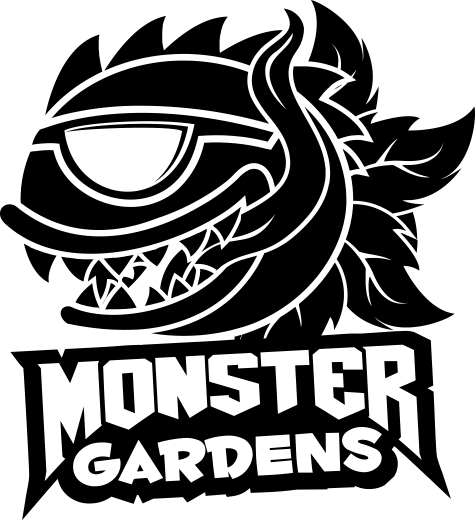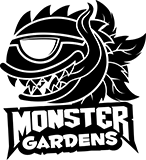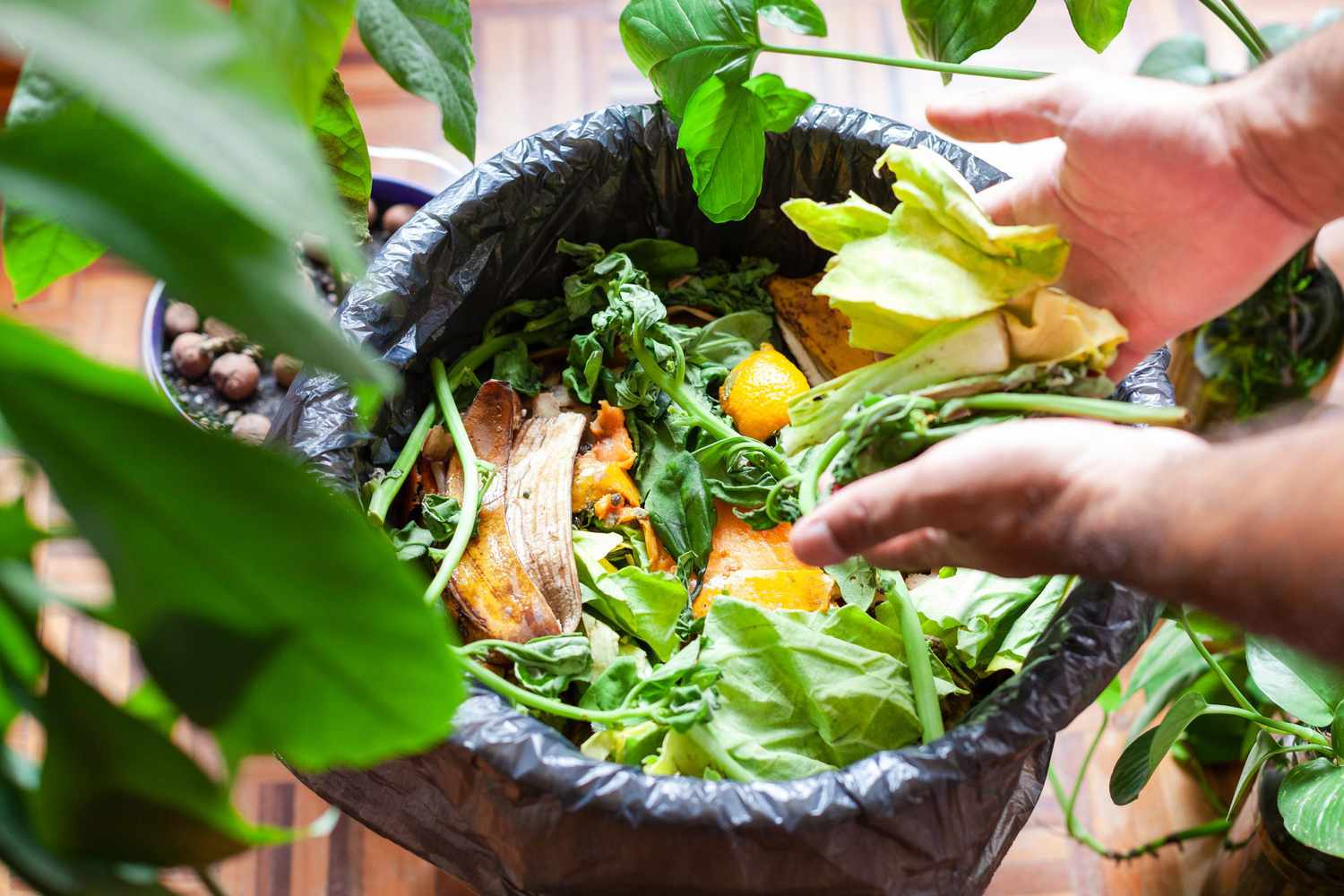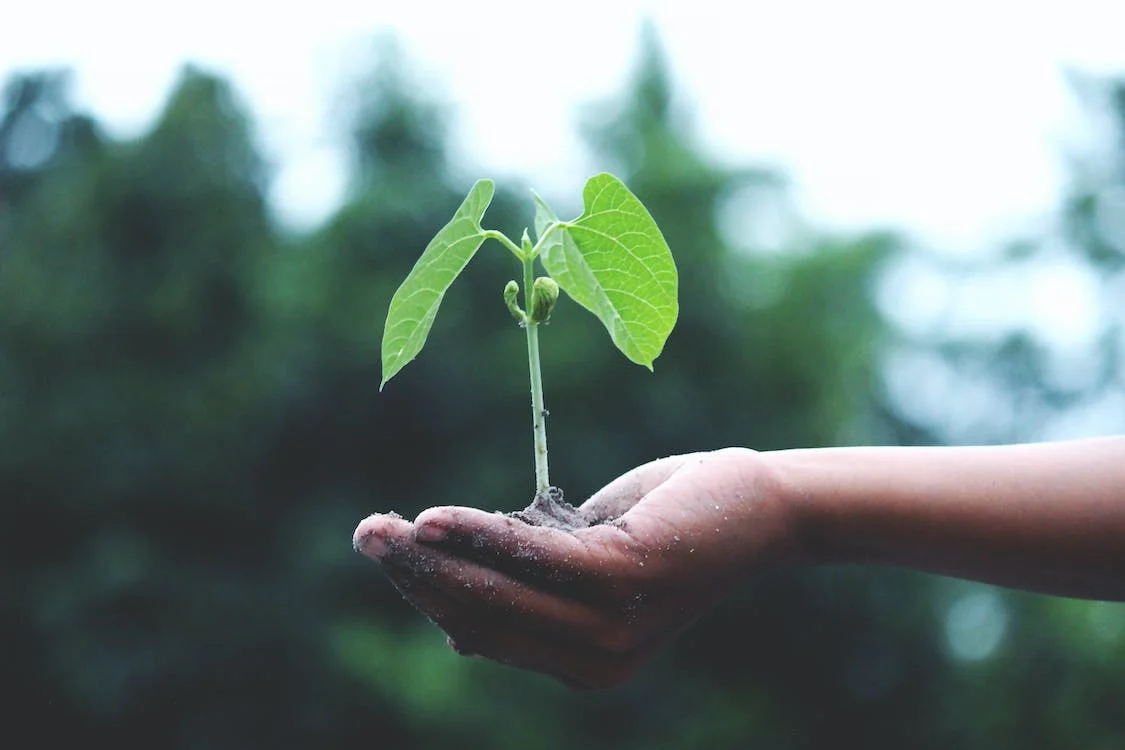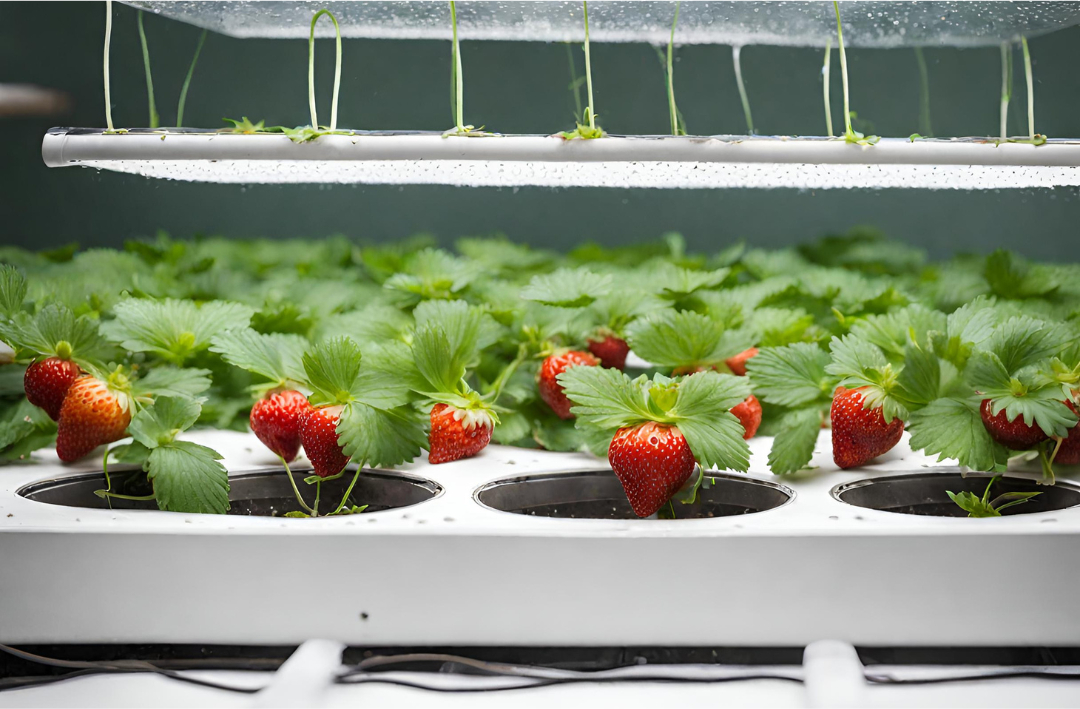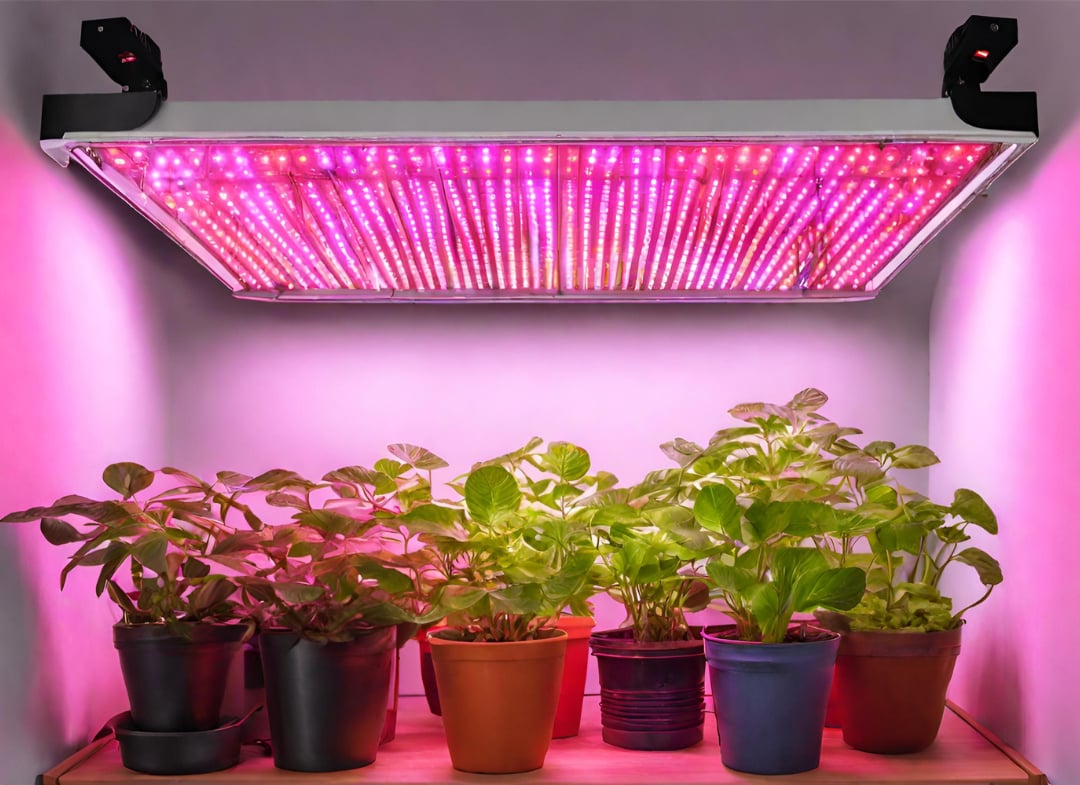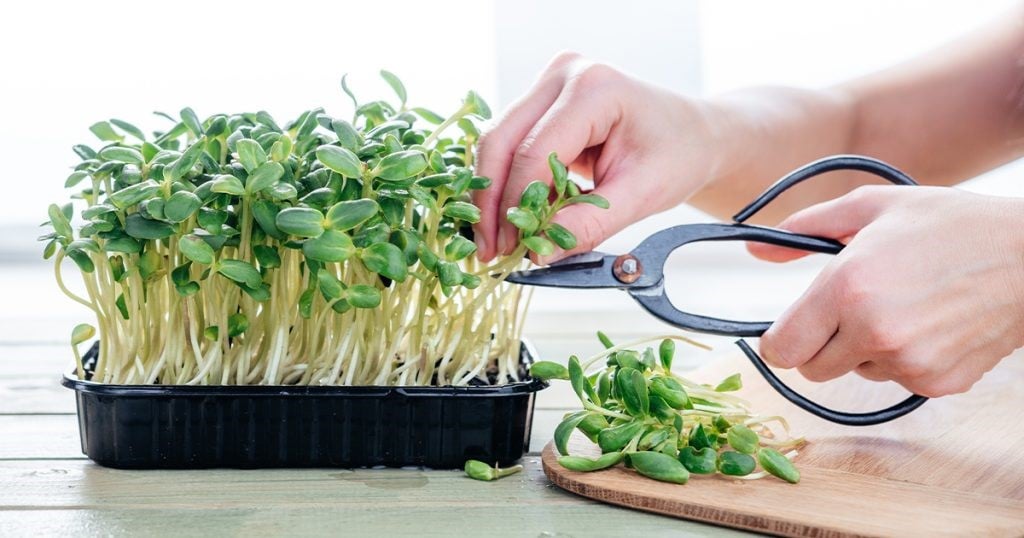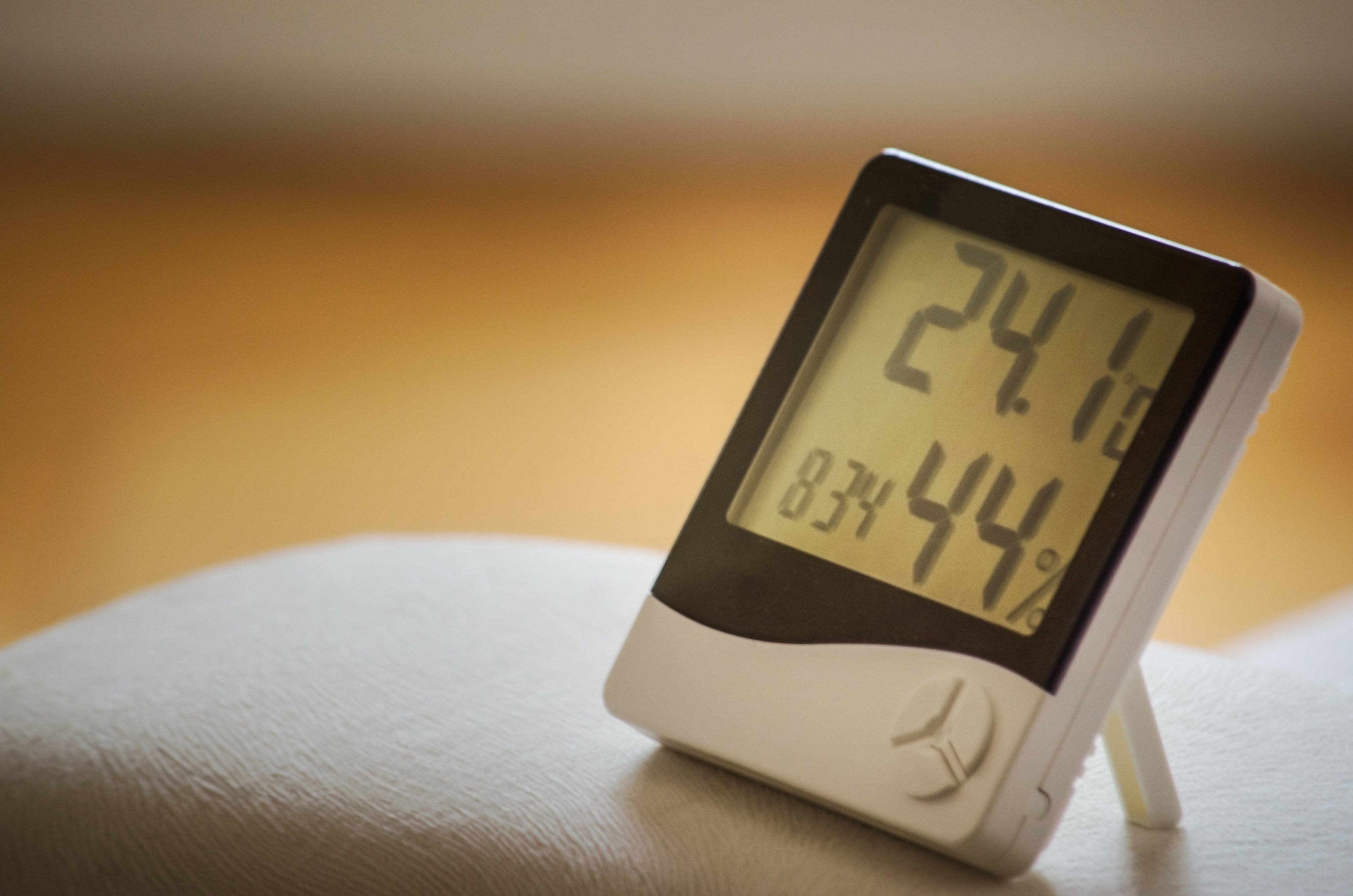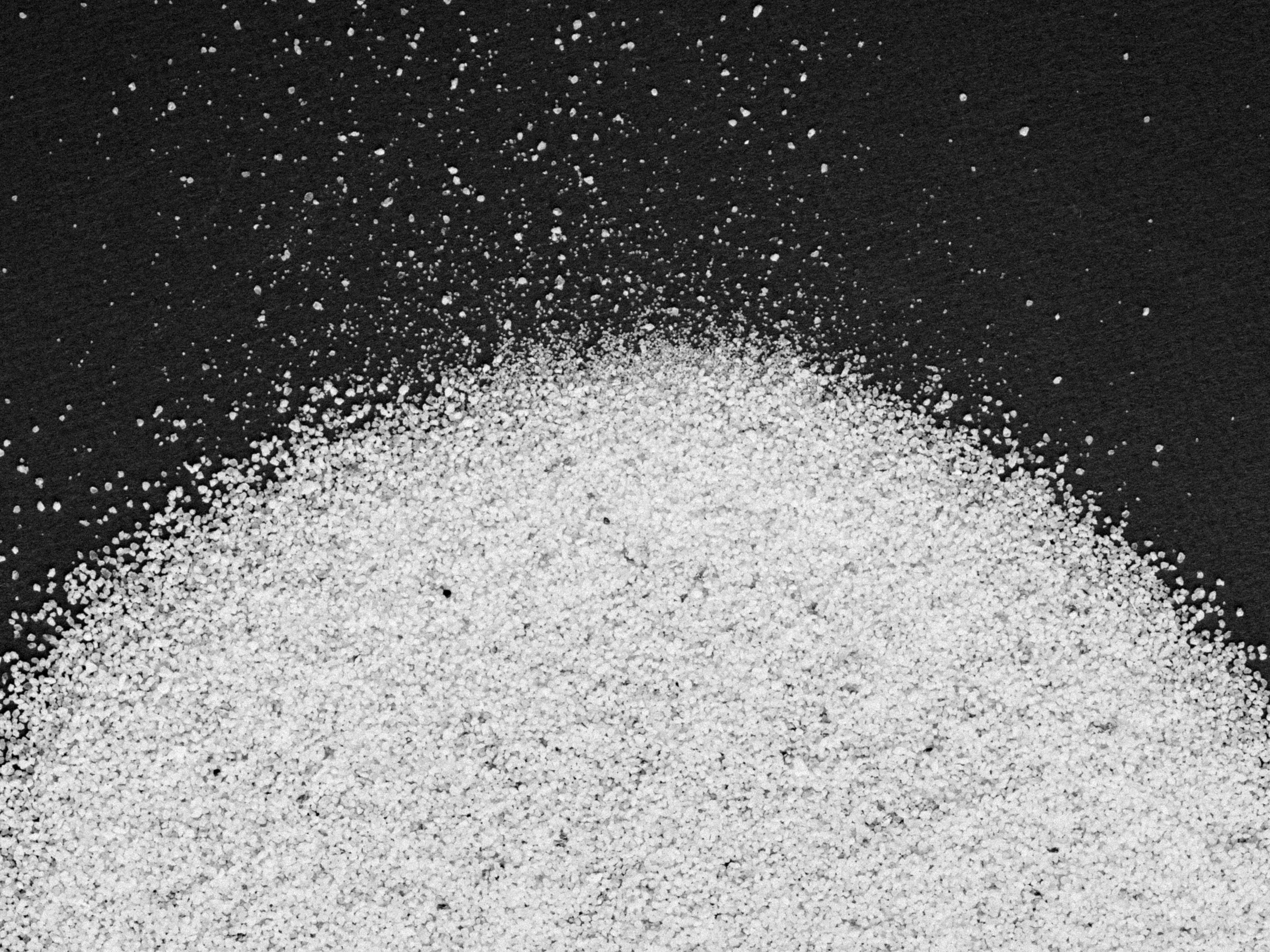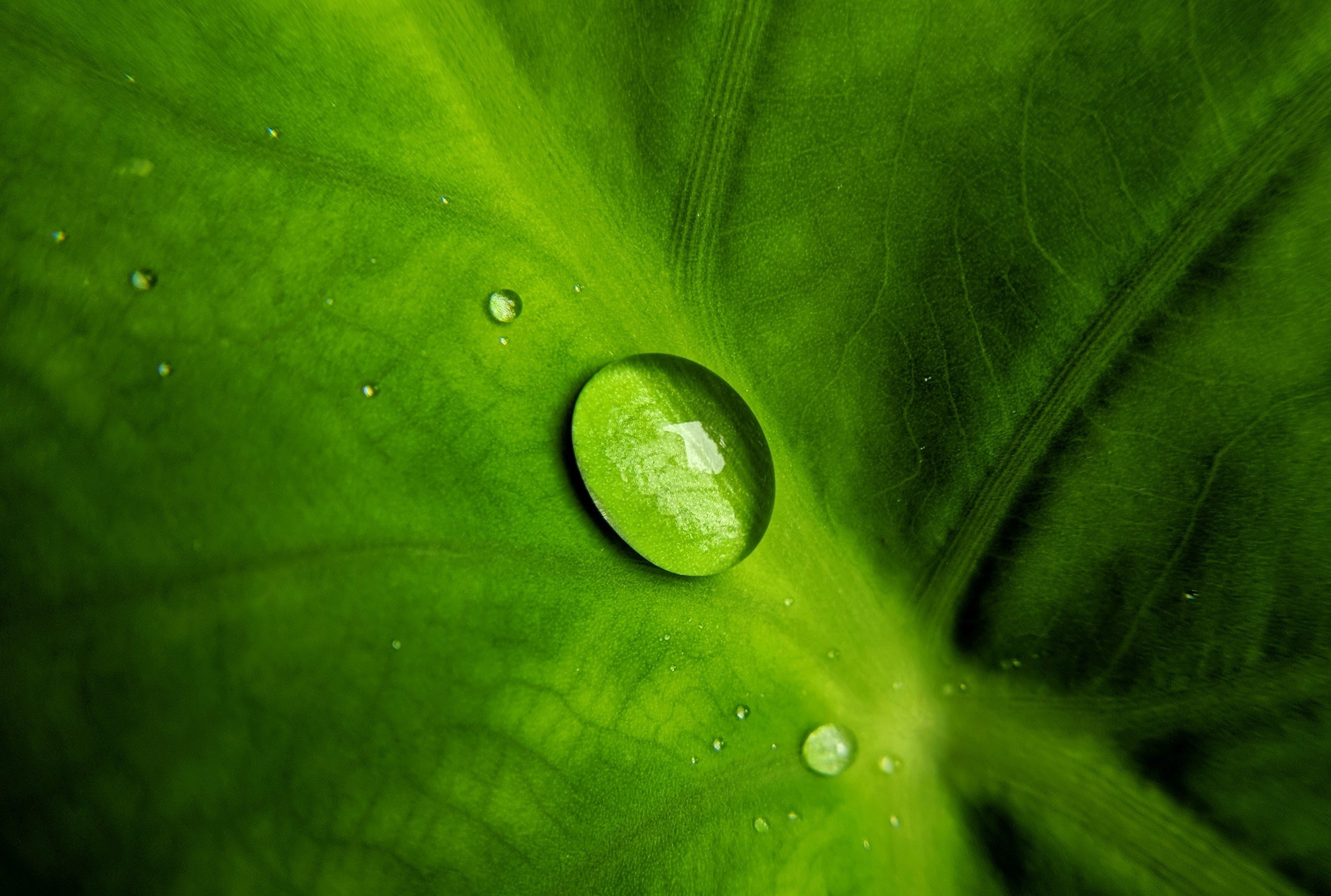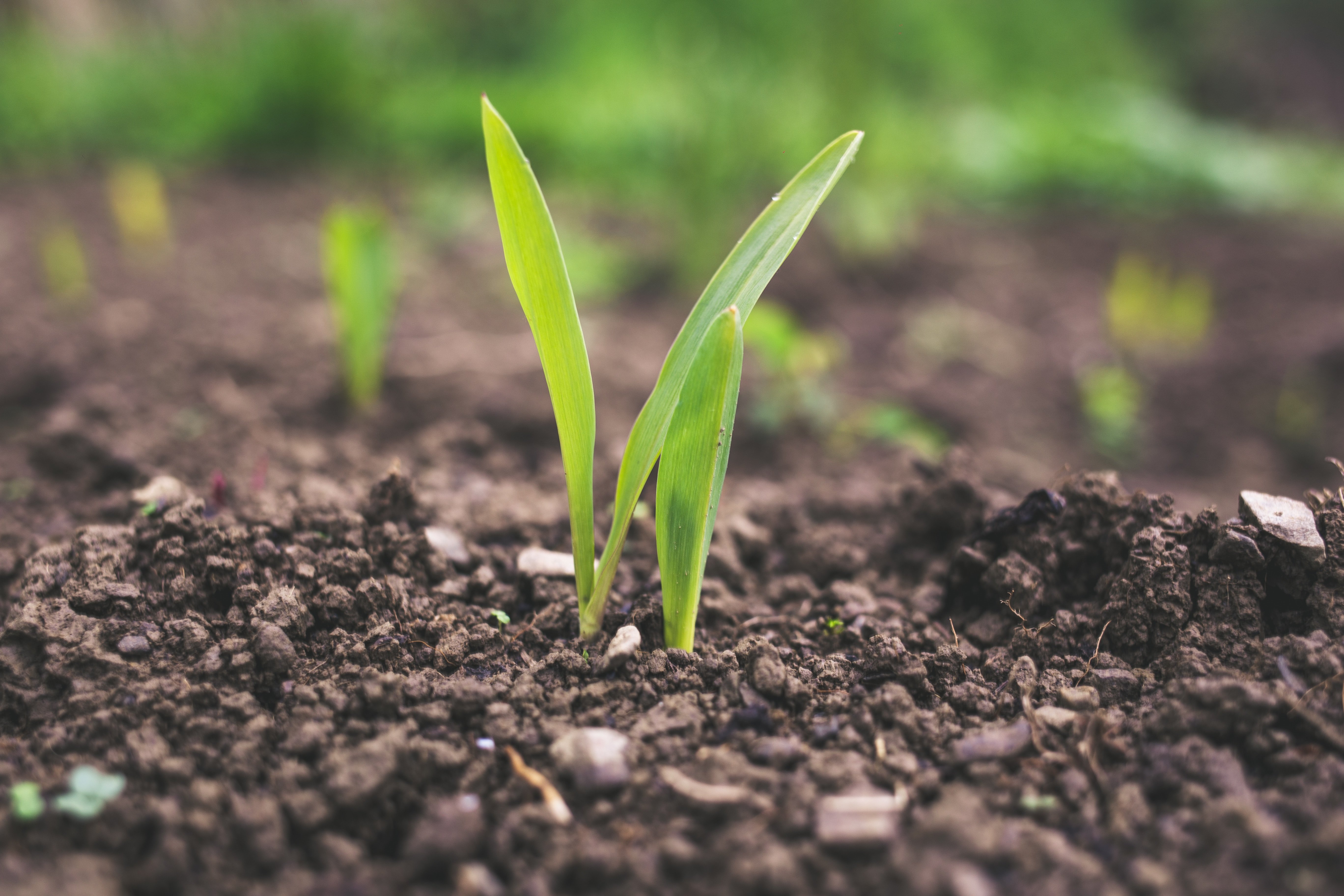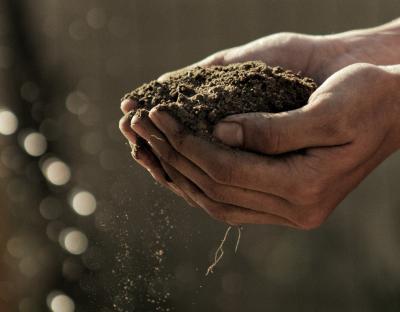
Articles
Using Compost Tea in Hydroponics
There are numerous benefits to using organic nutrients for your plants in hydroponics: improved root health and microbial activity, better nutrient absorption, sustainability, and enhanced flavor. But what is the best way to get organic nutrients to plants in a system that doesn’t use soil? Enter compost tea! Compost is full of beneficial nutrients that plants use in nature every day to grow and thrive.
Gardening Guardians: Understanding Safe Pest Control for a Healthy Landscape
In today's eco-conscious world, keeping gardens healthy and landscapes lush no longer means resorting to harmful chemicals. Safe pest control practices are essential for maintaining a lively garden, promoting a healthier community, and preserving biodiversity. Choosing safe pest control techniques can significantly reduce the potential risks associated with traditional methods while fostering a balanced and thriving garden ecosystem.
Aquaponics 101: The Essentials
Though plant lifeforms evolved to be suited for land hundreds of millions of year ago, it turns out that water creatures can still form an incredibly beneficial symbiotic relationship with them when given the chance. Evidence shows that some ancient civilizations understood this connection, and over the past 40 years innovative scientists have rediscovered this sustainable farming technique known today as aquaponics.
Using LED Lights in Hydroponics
In recent years, LED lights have grown from an eco-friendly alternative to the main source of energy for hydroponic growers, as case studies have shown that LEDs are not just more efficient for the grower but better for plants in their grow cycles. It is important in indoor growing to mimic a plant’s natural condition, and innovations in LED lighting are helping growers get closer to this goal. Overall, in hydroponics, LED lights offer precision, energy efficiency, versatility, and long-term cost savings that are beneficial for a broad range of hydroponic systems. Whether you’re using a DIY home set-up or you’re gearing up for a commercial operation, LEDs offer copious options for hydroponic growing.
Unlocking the Power of Microgreens
Have you ever wondered how to get the most out of your growing space while spending less on energy and feeding yourself flavorful and healthy foods? Hydroponics offers plenty of options, but there is one that stands above in efficiency and innovation: growing microgreens. Microgreen is another word for a plant that is harvested in the first stage of its growth, when it is only 1-3 inches tall. In recent years they have become more popular for the dense nutrient and flavor content, short growing periods, and easeful harvesting and turnaround. Their versatility makes them a great investment for both at-home personal use and for scaling up to a sellable product. They are also an excellent choice for improving diet and overall wellbeing.
How to Manage Low Humidity in Your Hydroponic System
When we think of our ideal garden full of thriving plants in a steamy greenhouse, we normally don’t consider low humidity as a potential issue for plants. Nevertheless, numerous environmental or operational factors can contribute to a growing space having an undesirably low humidity level that negatively affects the health of your plants. In order to prevent this silent plant killer, it’s important to identify potential causes, signs, and solutions so that your plants can breathe balanced and healthy air.
How Do You Clean a Hydroponic System?
If you already have a hydroponic system set up, it is important to clean and maintain the parts and plants throughout a growing cycle. Even though hydroponics doesn’t use soil, it’s still possible for dirt, debris, and dead plant material to clog your system and affect the growth of plants. In turn, unclean matter can be a breeding ground for pathogens. These types of issues can be warded off by taking proactive cleaning measures every month. This article will discuss hydroponic maintenance, steps for cleaning a hydroponic system, and the best hydroponic cleaners to use.
What are the Benefits of Silica For Plants?
Silicon dioxide, or silica, is a common element found in the earth’s crust and in the soil. In nature, silica helps plants regulate other chemicals such as iron and magnesium to reduce their potential toxic effects, and also aids in photosynthesis and chlorophyll formation. If you have a garden, adding silica for your plants as a supplement can be hugely beneficial for the health and growth of your plants. This article covers how silica positively affects your plants, and how it can be applied depending on the type of garden you have.
The Best Water For Hydroponics
Since water is the medium for delivering nutrients in hydroponics, it is important to make sure that the water is balanced in pH and free of contaminants and possible diseases. There are multiple kinds of water that can be used in hydroponics, that require varying levels of energy and investment. It is never a bad idea to experiment and figure out what works best for your situation.
Hydroponic Problems and How to Fix Them
Though hydroponic systems are typically designed to be more low maintenance that soil-based gardening or agriculture, there are still potential issues that need to be monitored throughout the growing process. This article diagnoses a few common hydroponic problems, and outlines some preventative measures any gardener can take to quell them.
What is the Difference Between Living Soil and Super Soil?
Living soil and Super Soil are two ways of using organic nutrients to maximize the growth and health of plants. Neither one is necessarily better than the other. It depends on the type and the number of plants one would like to grow, and the makeup of the already existing soil one would be using.
What is a Soil Amendment?
Whether a beginner or expert, many gardeners find that their garden does not always come with the perfect soil. Soil can be too wet or dry, too acidic or alkaline, or not have enough organic material to properly satisfy the needs of particular plants. In these cases, extra material needs to be added in order to have healthy soil and plants.
